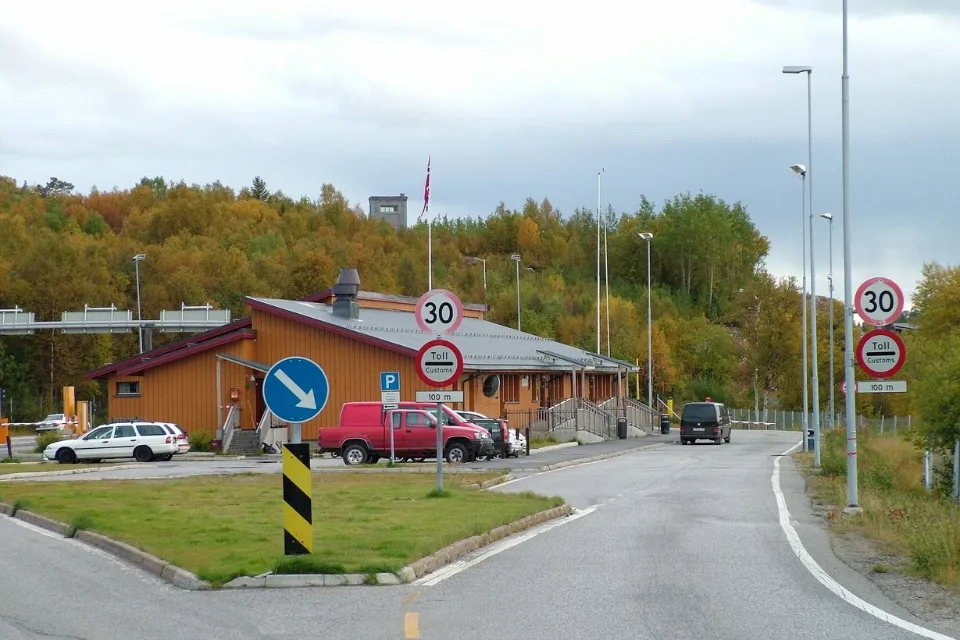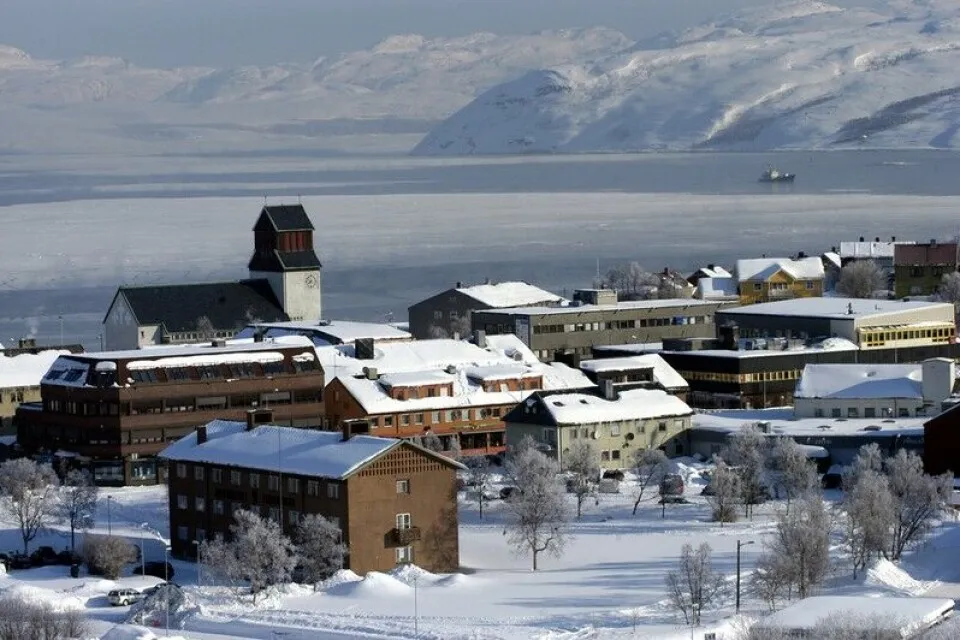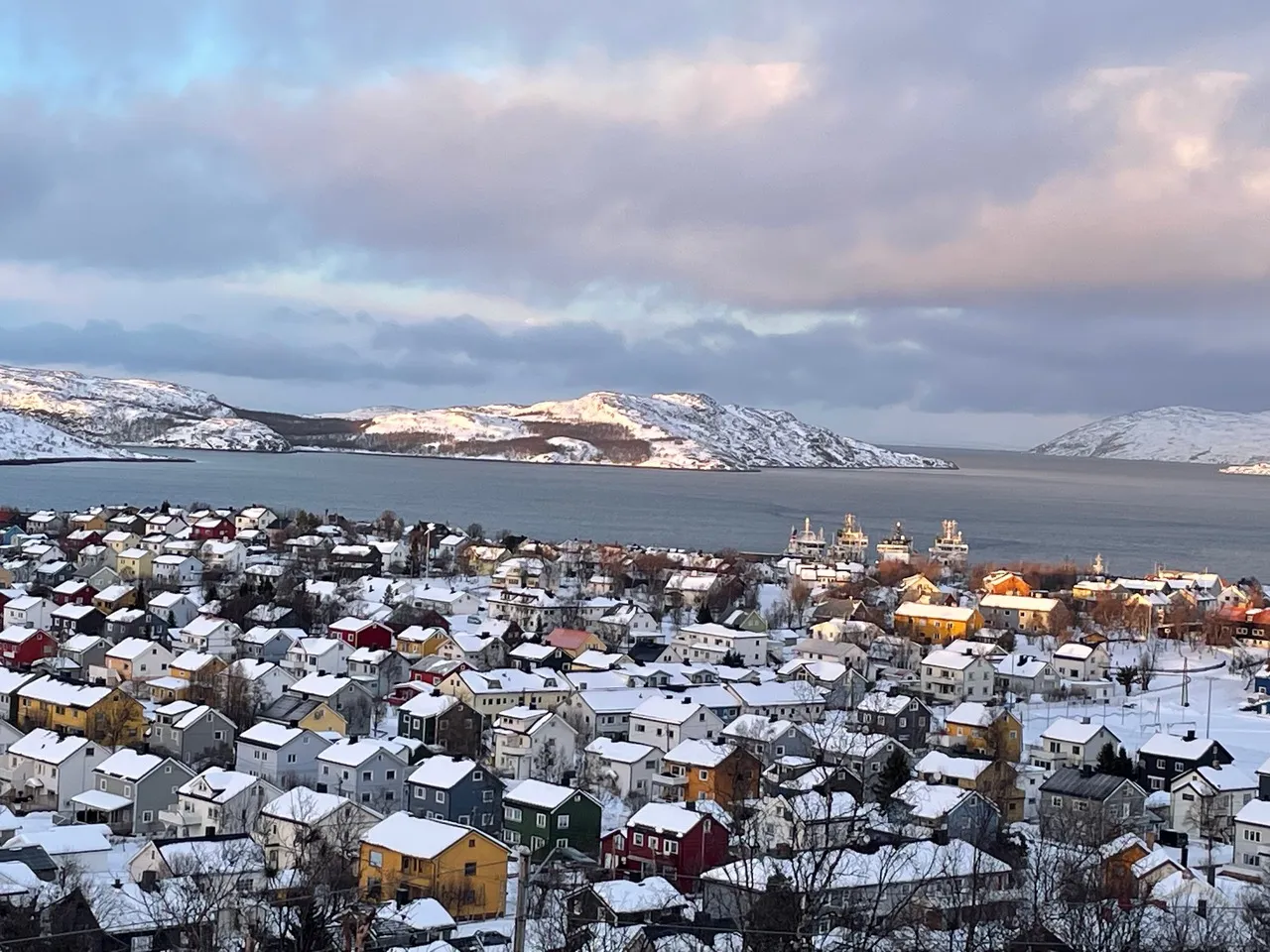KIRKENES, Norway — In the snowy expanses beyond the Arctic Circle, where the icy waters of the Trondheim Fjord meet the mountains, the small Norwegian town of Kirkenes has become an unexpected epicenter of the geopolitical chessboard. Since Magnus Meland took office as mayor at the end of 2023, his office has been visited by three Chinese delegations, each offering investments that promised to transform the declining port into a gateway to the Arctic. "They want to become a polar superpower," — says Meland, his voice blending caution with surprise. While China, calling itself an "Arctic state" despite being thousands of kilometers from the North Pole, is collaborating with Russia, Europe is erecting barriers to protect its interests in a region rapidly turning into an arena of competition for resources, routes, and power. The melting Arctic opens not only new opportunities but also dangerous ambitions, where green colonialism and diplomacy walk a fine line between cooperation and conflict.

Polar Silk Road and Russian foothold
The Arctic, covering 4% of the Earth's surface, is warming four times faster than the rest of the planet, revealing treasures hidden under the ice for centuries: 30% of unexplored natural gas reserves, oil, rare minerals necessary for green technologies. Melting ice also opens the Northern Sea Route, shortening the shipping distance between Asia and Europe by thousands of miles. For China, whose economy depends on exports, this is a chance to realize the ambitious "Polar Silk Road" — a network of shipping routes promising to save billions. But without access to Arctic ports and resources, Beijing is forced to seek allies, and Russia, controlling half of the Arctic coastline, has become its key partner.
Cooperation between Beijing and Moscow is gaining momentum. In July 2024, their bombers conducted a joint patrol near Alaska, challenging NATO. In September, military exercises in the Arctic Ocean demonstrated the readiness of both countries to oppose the West, and in October, China's coast guard joined Russian forces for patrols for the first time. But beneath the facade of unity lie mutual suspicions. "Russia is afraid to let China too deep," — notes Andreas Østhagen of the Fridtjof Nansen Institute. Moscow, whose Arctic resources underpin its economy, does not want to relinquish control, especially over the Kola Peninsula, where nuclear arsenals and the Northern Fleet base are located.
China, on its part, avoids full rapprochement, wary of Western sanctions. Beijing seeks a balance by investing in Arctic projects, such as the Yamal LNG gas fields, while maintaining dialogue with Europe. "China plays on two fronts," — says a source in the Norwegian Ministry of Foreign Affairs. "They want Russia's resources but don't want its isolation."
European resistance: security versus investment
Europe, particularly Norway, watches this game with concern. Kirkenes, located just 10 minutes from the Russian border, dreams of becoming the "Singapore of the North," but not at any cost. Port director Tørje Jørgensen sees melting ice as an opportunity to turn the town into a transshipment hub between continents, but new Norwegian laws prohibit the sale of strategic infrastructure to foreigners if it threatens national security. "We will not sell land to China or anyone else," he declares.
This caution reflects a broader European attitude. Norway, Sweden, and Denmark (through Greenland) have rejected attempts by China to acquire ports and airports, fearing that economic dependence could turn into political leverage. "We want cooperation, but not dependence on authoritarian regimes," — says Mayor Meland, echoing sentiments in Oslo. Finland and Sweden, which joined NATO after Russia’s invasion of Ukraine, have increased military presence in the region, and Norway is monitoring Russian submarines from Cold War-era bunkers in Bodo.
Europe also faces hybrid threats. GPS jamming, attributed to Russia, forces commercial pilots in the region to switch to manual navigation, and suspicious vessels near undersea cables raise alarm. "The Kremlin uses the Arctic as a testing ground for hybrid warfare," — states Colonel Jørn Quiller, standing by the Pas River dividing Norway and Russia. Norway, which has become Europe's main gas supplier after sanctions against Russia, knows its infrastructure is a target.

Green colonialism and voices of indigenous peoples
Under the shadow of geopolitical maneuvers, indigenous peoples of the Arctic, especially those living in the Russian part of the region, feel like hostages to foreign ambitions. Miuqi Daurana, an Inuit activist from Greenland, calls this "green colonialism" — when European countries and China exploit the climate crisis as a pretext for resource extraction on indigenous lands. "They talk about green energy but take away our lives," she says, pointing to projects extracting rare minerals in Greenland.
On Svalbard, the Norwegian archipelago where the 1920 treaty allows operators from dozens of countries to work, tensions are rising. Russian settlements conduct militarized parades, and the Chinese research station raises suspicion of espionage. "Everyone is spying," — admits Longyearbyen mayor Eirik Jensen. "The Arctic is a game where no one wants to miss their chance." Indigenous communities, making up half of the Russian Arctic population, demand a voice, but their calls often get lost in diplomatic noise.
The great game and its risks
The Arctic, once a symbol of cooperation, has become a battlefield where economy, security, and ecology intertwine. China sees the region as a route to resources and trade, but its ambitions clash with European opposition and Russian caution. Russia, isolated by sanctions, needs Chinese investments but fears losing control. Europe, relying on NATO, defends its interests but risks alienating indigenous peoples, whose lands are becoming bargaining chips.
In Kirkenes, where Norwegian flags flutter over a declining port, there are dreams of revival but with caution. "We want to be part of the future, but not its victims," — says Meland. On Svalbard, where polar bears roam among research stations, nationalism and espionage overshadow the ice’s beauty. Melting ice reveals not only resources but also the truth: in a world where everyone wants a piece, diplomacy can be as fragile as the ice underfoot. As China, Russia, and Europe maneuver, indigenous voices remind us: this land is not just a prize but a home.



